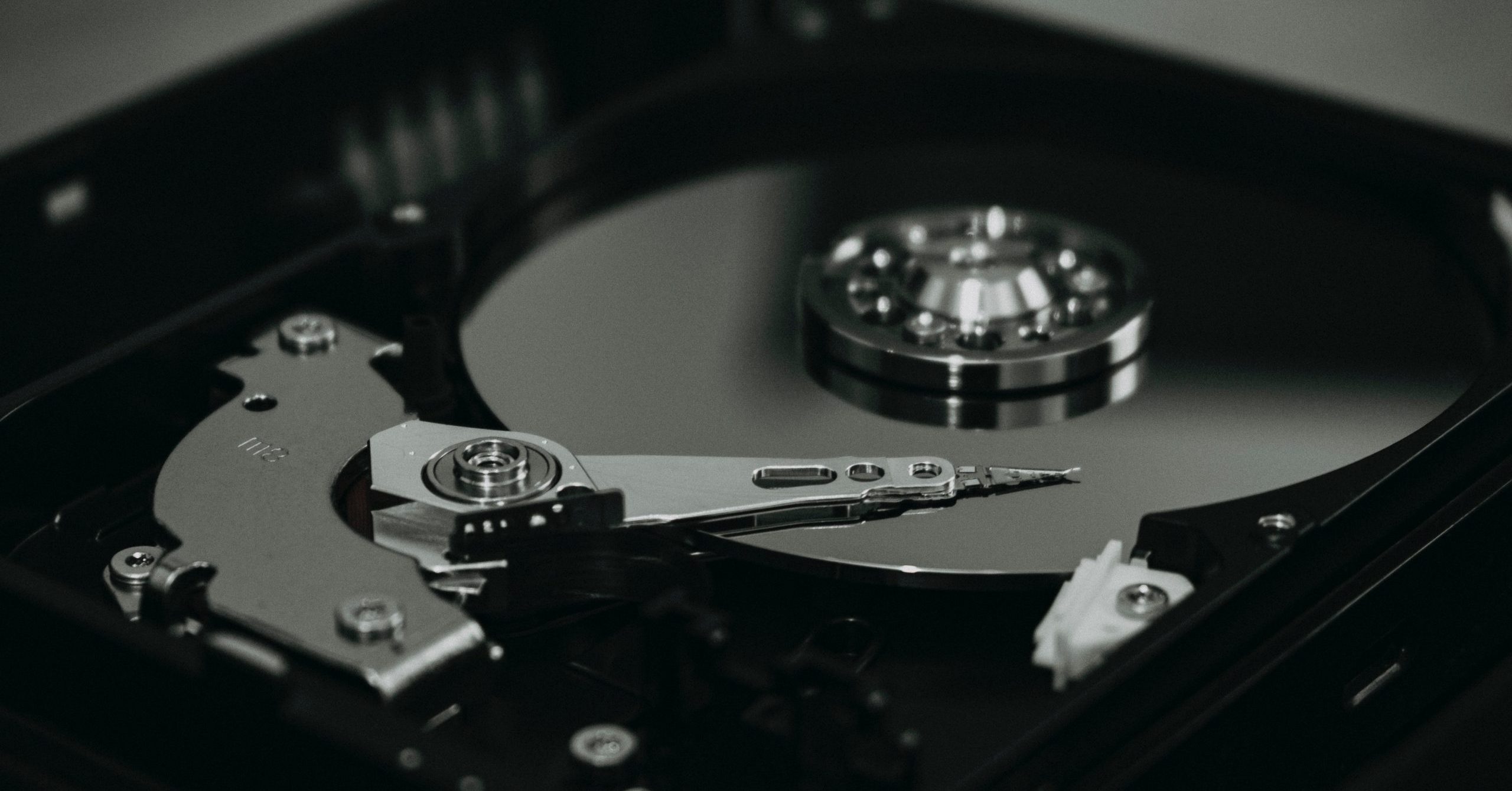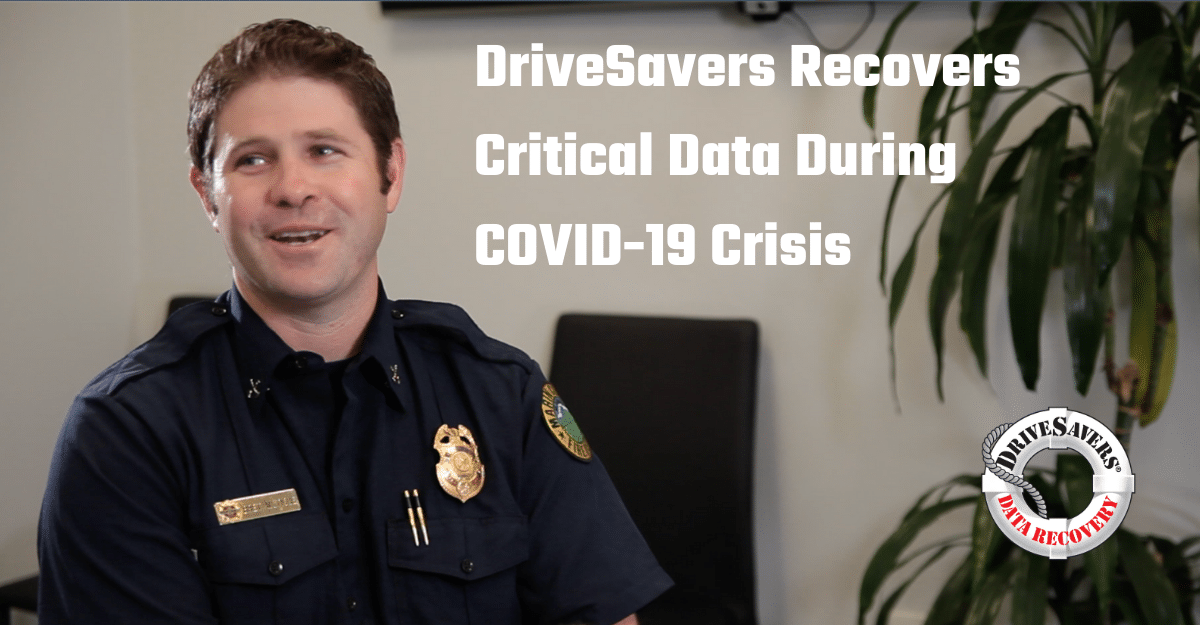Want to Defrag Your SSD? Here’s Why You Shouldn’t
Cleaning out our closets is, depending on how naturally organized you are, an arduous, time-consuming job. This unpopular housekeeping task is usually reserved for the most boring of weekends—or a pandemic-induced quarantine… Few people like cleaning out their closets, but almost everyone loves the result. Items once lost are found,…












